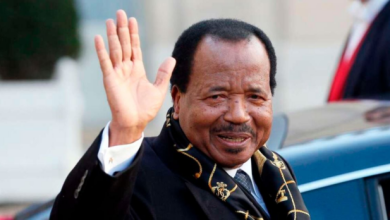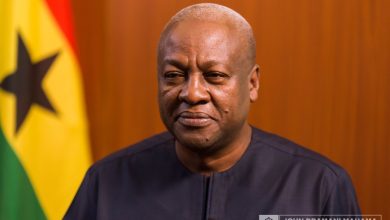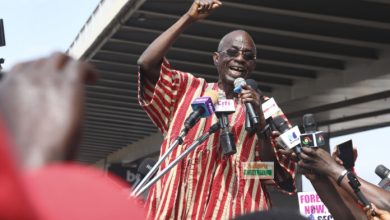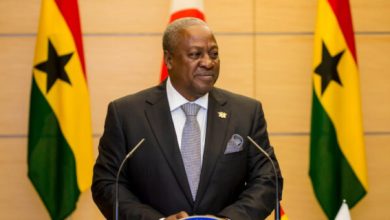US implements Ghanaian Professor’s vision for peace in upcoming elections through VISA restriction policy
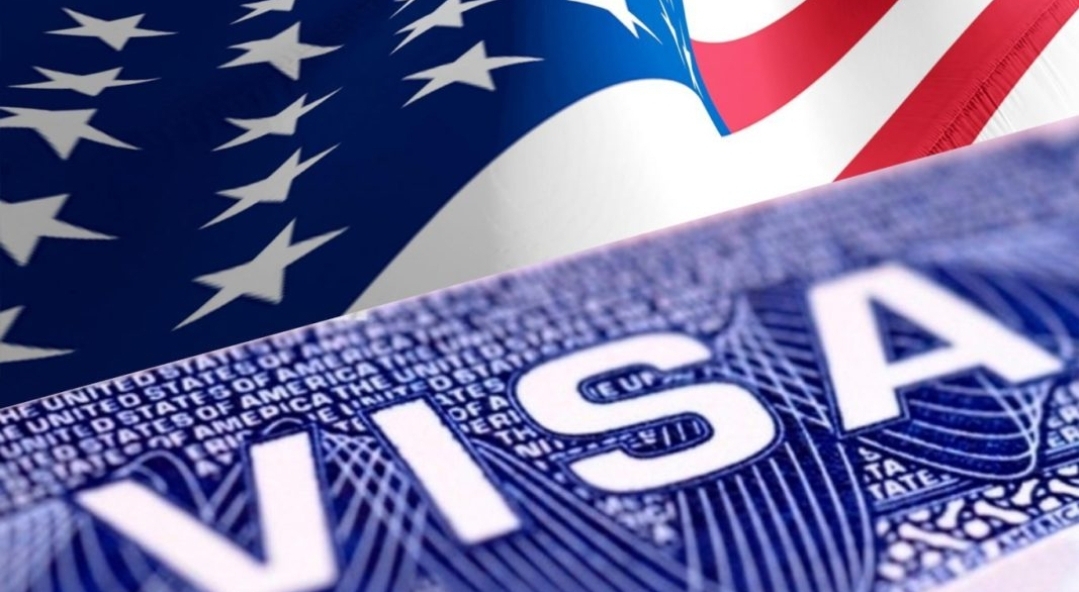
The recent decision by the US Embassy to impose visa restrictions on individuals who may disrupt Ghana’s democratic process ahead of the December elections has been widely praised as a positive step towards promoting peace, stability, and political accountability.
This policy, designed to curb political violence, sends a clear message: attempts to undermine democracy will carry serious personal consequences. However, new insights reveal that this approach may have originated from a Ghanaian academic, Rev. Prof. Emmanuel Yao Nash, whose research on electoral violence and prevention called for a similar stance nearly a decade ago.
Between 2014 and 2016, Rev. Prof. Nash, a respected peace advocate, conducted an in-depth study on Ghana’s electoral landscape, focusing on preventing political violence. His findings recommended that international embassies, including the US Embassy, refrain from issuing visas to politicians until the election period concluded. “Denying politicians the ability to leave the country during election season,” he argued, “would compel them to act with integrity and responsibility, knowing they were accountable to local laws and citizens.”
In October 2016, Graphic Online published his recommendations under the headline, “Withhold Visa for Politicians Till Elections,” emphasizing his belief that international pressure could help ensure electoral decency. His proposals reflected both academic rigor and a deep commitment to peace advocacy.
Years later, however, it appears the US has embraced Prof. Nash’s approach. Under Secretary of State Antony Blinken, the US has implemented similar visa restrictions in Sierra Leone, Bangladesh, Liberia, and now Ghana. These measures underscore the US government’s commitment to supporting fair elections globally, signaling that visa bans can serve as a deterrent against those who threaten democratic stability.

